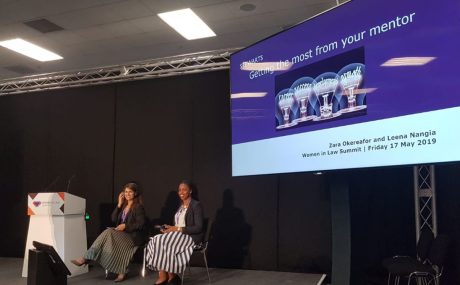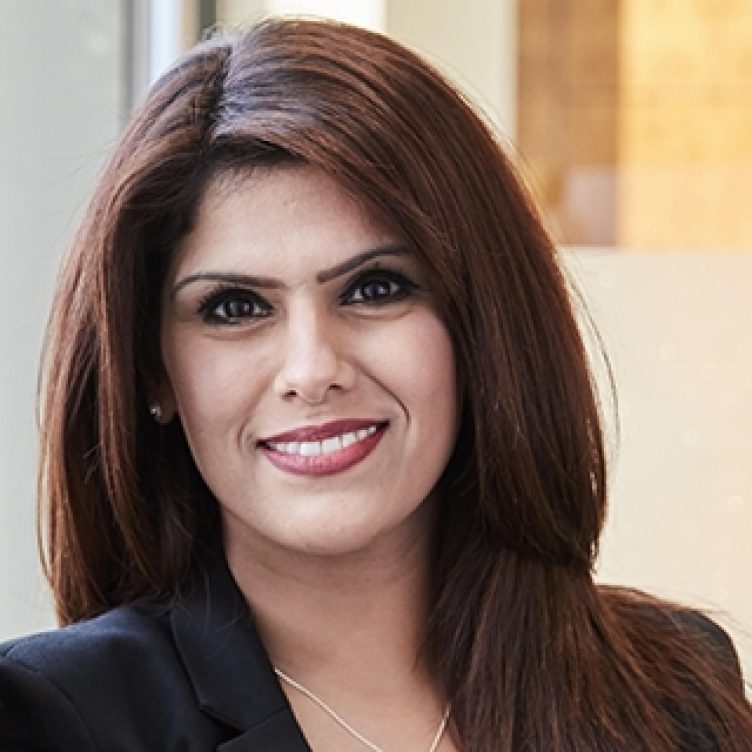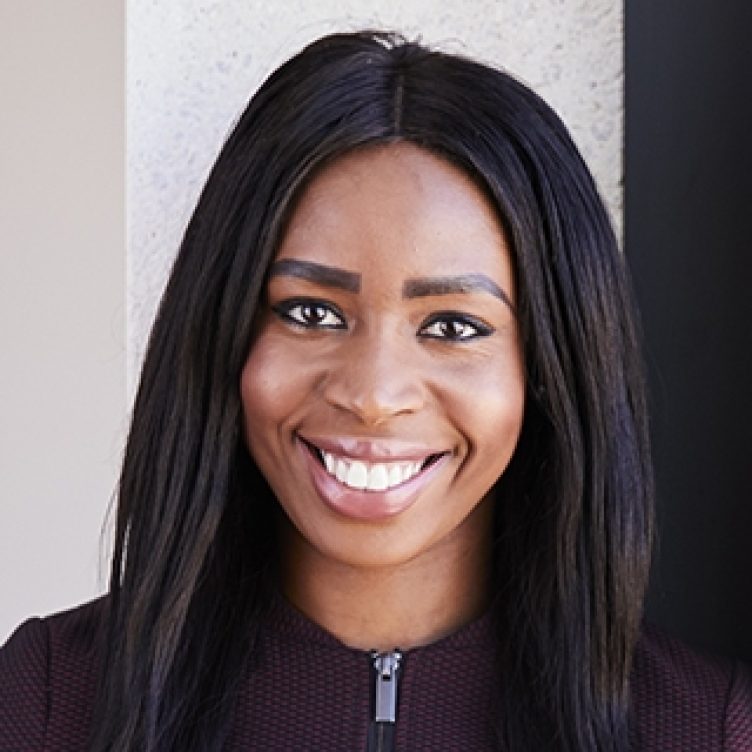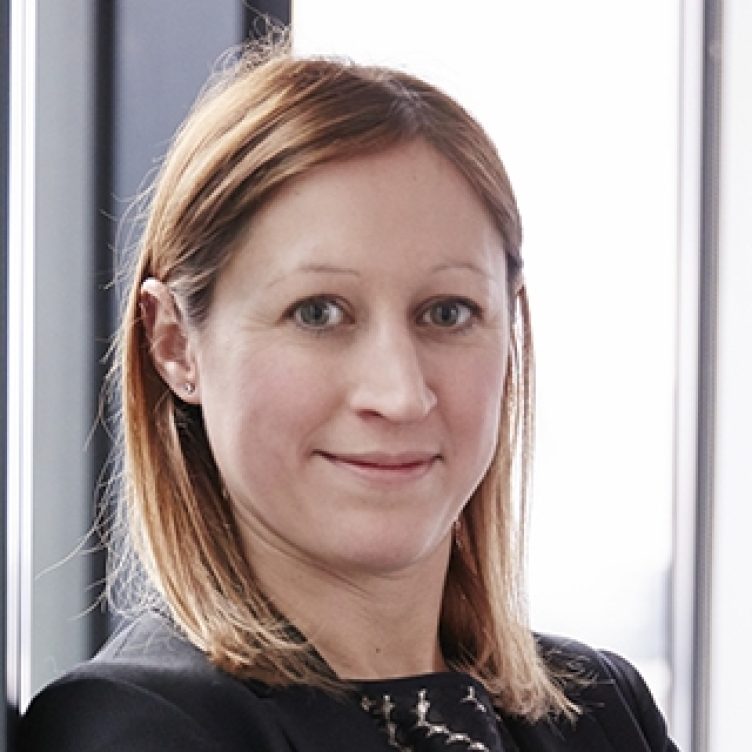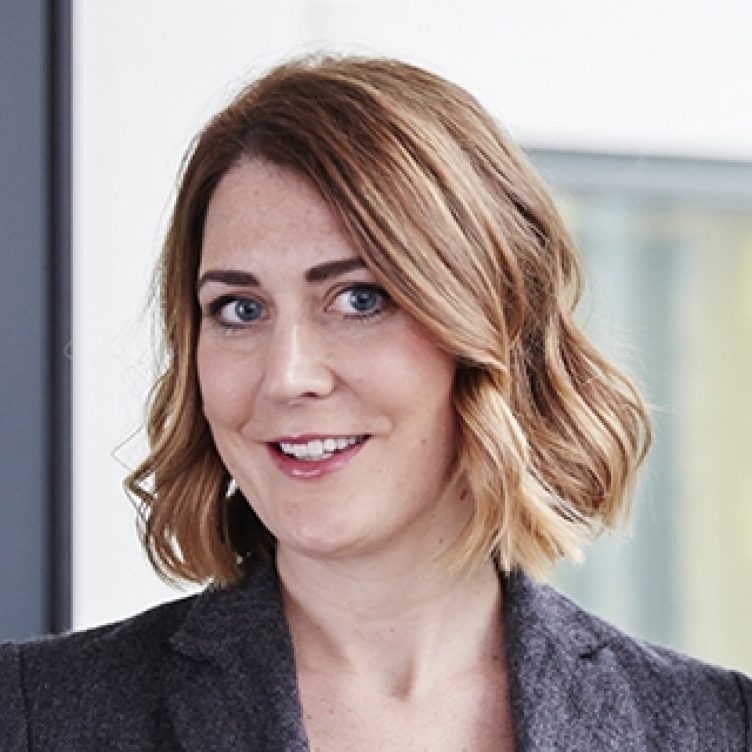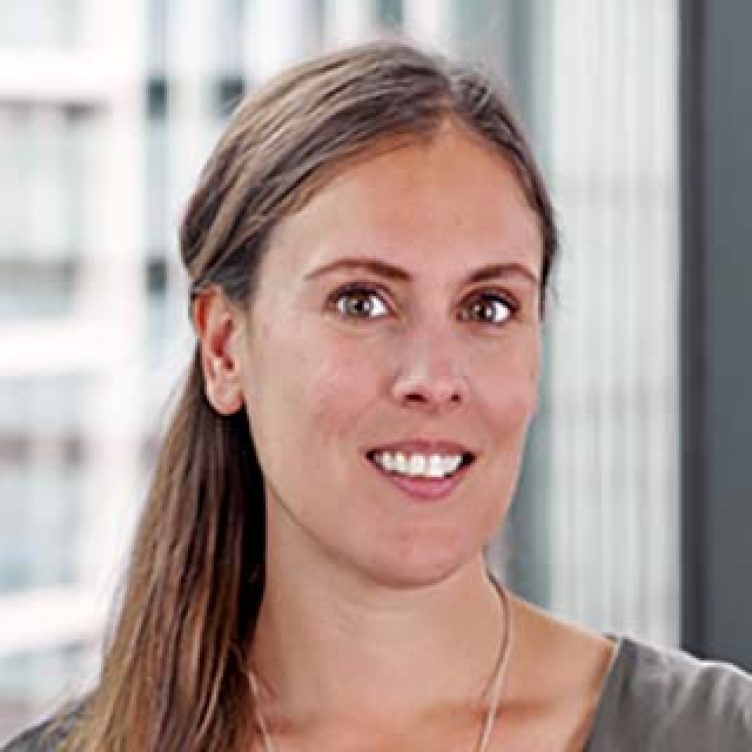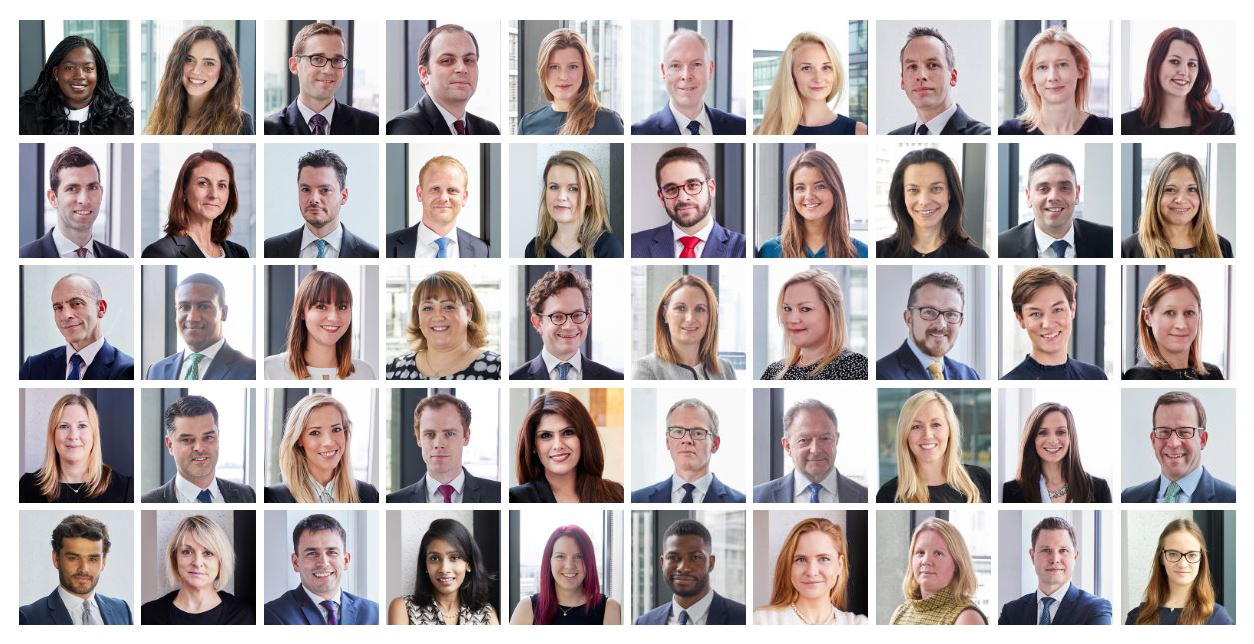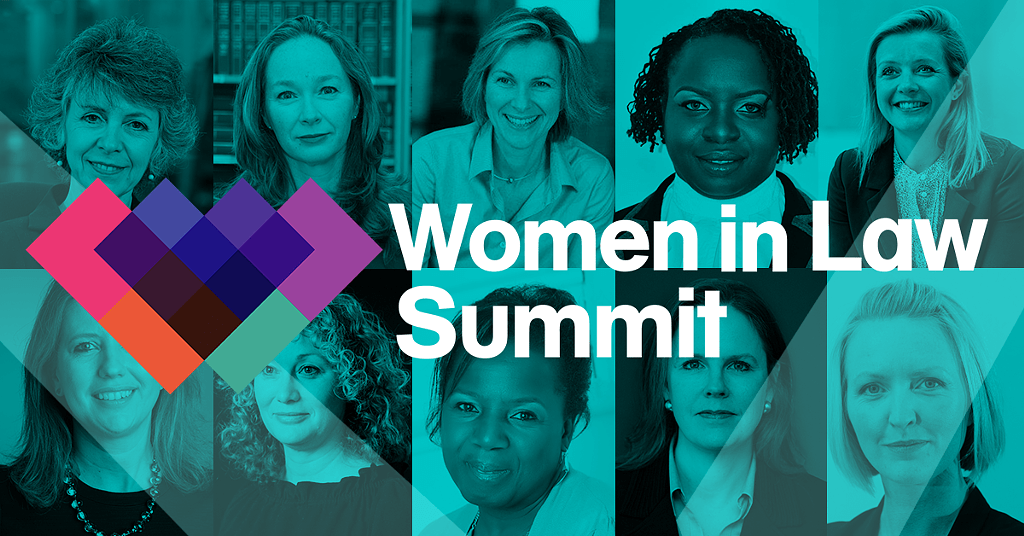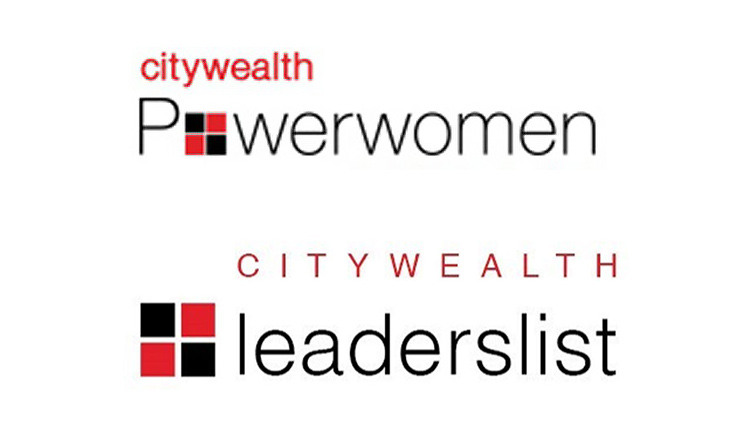The second annual Women in Law Summit was held on Friday 17 May 2019 at Kensington Olympia, and this year a group of 14 from Stewarts attended.
Kizzy Augustin, a partner at Russell-Cooke, chaired the day for the second year running and hosted a variety of speakers throughout the day.
The keynote address was delivered by Gina Miller, the Founder of The True and Fair Campaign and was titled ‘How I got here’. The audience was captivated by Gina’s speech. She talked about the key role that compassion and empathy have played in her life and her success. Gina shared that her ability to relate to others and see past their façade was instrumental in her career. She emphasised the importance of promoting and preserving these qualities, which women tend to have instinctively, and gave examples of the value they can add to leadership.
To conclude, Gina gave the audience a piece of advice that she referred to as “the pillow test”. She invited the audience to practice “the pillow test” each night before bed by asking one simple question: “Can I put my head on my pillow at night and know I did the best I could do that day?” If the answer is yes, the head feels light because the conscience is light. If the answer is no, then you already know what the plan for tomorrow is.
The main plenary sessions of the day had the theme, ‘Equality benefits everybody’.
‘All for one’
The first session with this theme was a panel session titled ‘All for one’, featuring David Jackson, the global citizenship lead for Barclays Legal who is also a member of the legal diversity and inclusion committee. His focus is on improving access to work in the legal profession for people from diverse groups. Daniel Winterfeldt, who was also on the panel, is the founder and chair of the InterLaw Diversity Forum, which seeks to promote inclusion and meritocracy in the legal sector. Both David and Daniel talked about times during their career when they have felt like outsiders.
David spoke about equality being an issue for everyone and talked about the need for more male champions for change. He is particularly passionate about social mobility. He emphasised the importance of getting a culture right rather than just ticking a diversity box within a firm.
Daniel talked about making people comfortable to speak up in meetings and about the impact of reverse mentoring. He explained that sharing experiences is key. He said people “do not know, what they do not know”, but that storytelling can help others to understand the position better, to help create the spaces for people to feel comfortable to speak.
They left saying that everyone in the room can help someone else, and should remember that.
Intersectionality and the law
The second session was about intersectionality and the law and covered a variety of diversity issues. Panellists shared stories of what has worked well for them and what has been difficult as they have progressed through their careers.
Stephanie Dominy is a commercial lawyer and founder of Dominy Legal. She talked about the lack of representation of East Asians within management positions. This is largely being overlooked due to the wider business success of that section of society.
Katherine Remo is an associate lawyer at CMS. She is registered as blind and has a number of other disabilities following an accident whilst she was working in Afghanistan. Katherine talked about the need for disability networks within the sector and referred to the recent ‘This is me’ campaign.
Yasmin Sheik is the founder of Diverse Matters, and is a wheelchair user after an injury left her paralysed. She explained some of the barriers she has had to overcome in her career following her injury, and talked about how attitudes have changed.
Stephanie mentioned the need for inclusive groups saying: “If you don’t intentionally include, you unintentionally exclude.” Everyone debated the fact that in smaller firms especially, there may not be a wide enough range of diverse people to make up sub-groups that ensure everyone feels included. However, as long as there are safe spaces for people to celebrate difference and thrive, then people will feel less like “square pegs in round holes”.
Getting the most from your mentor
Leena Nangia, Head of Business Change, and Zara Okereafor, Trainee Solicitor, gave a presentation as one of the break-out sessions on how to get the most of your mentor.
Leena and Zara explained that their mentor/mentee relationship came about organically and was something that both almost didn’t realise was happening. Zara explained the importance of the relationship in her career development citing accelerated learning, self-confidence and obtaining a fresh perspective as the key benefits. Leena also mentioned the benefits she had gained from mentoring Zara including learning, broadening her network and the feeling of giving something back.
Both mentioned that finding time to have catch-ups can often be a barrier. However, as long as the catch-ups are planned out with a short agenda they can be done anywhere even on the way home to the train station, as had happened recently.
Leena and Zara both spoke so highly of their mentor/mentee relationship. Their main message was, whilst official mentor programmes are extremely beneficial, getting your own mentor is something you can do for yourself without having to wait for anything official to be in place.
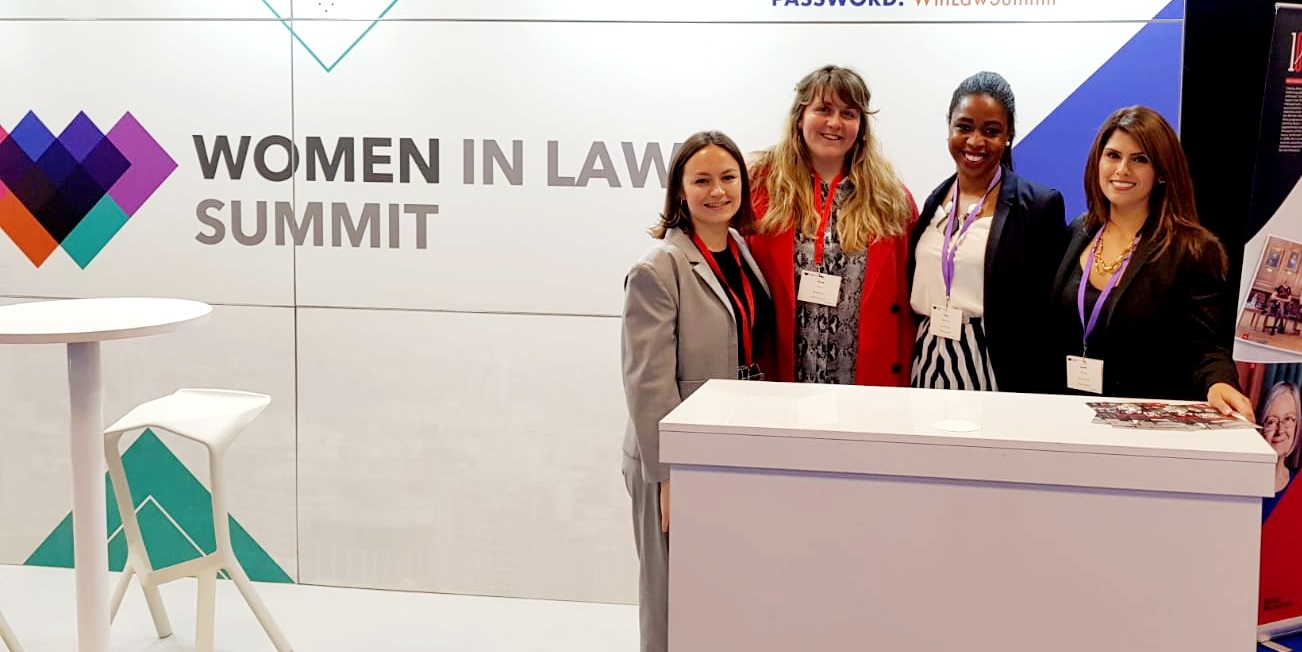
From left to right: Megan George, Fiona Porter, Zara Okereafor and Leena Nangia
Other break-out sessions
There were a number of break-out sessions during the day, ensuring that each attendee’s experience was completely different. Topics included:
- Wellbeing for junior lawyers
- How to stand out from the crowd
- Tips to help the next generation
- Engaging men in gender equality at work
- How to talk about gender in 2019
Power hour
The final main plenary session was called ‘Power hour’ and featured three successful women sharing their stories of how they got to where they were.
Philippa Hann, partner at Clarke Wilmot, Dr Charlotte Proudman, Barrister at Goldsmiths Chambers, and Grace Ononiwu OBE, Chief Crown Prosecutor for the West Midlands at the Crown Prosecution Service contributed personal stories of how they had got to the positions they were in and the obstacles they’d had to overcome. All three were very open and shared a number of personal accounts that left everyone in the room inspired and motivated. The main take-away points from the session were to know your business and mind your business, challenge the status quo, and dial down the noise to get the job done.
Take away points
The main take away points from the day were:
- Achieving equality is an important issue for everyone
- Women have been the first group to demand equality and they should look to help other groups to achieve that level playing field
- Share your stories – storytelling can change the world
- Be a good person
Written by Lydia Buckingham and Antonia Jeliazkova.
Career stories
Francesca Berry and Karen Hutchinson recently wrote a joint career story, in which they discuss the practicalities, benefits and client feedback of their role they have been job sharing since October 2016. Read more here.
When Zara Okereafor was a paralegal in the Commercial Litigation department she was interviewed for the Insights column of Douglas Scott Legal Recruitment and described as 2017’s Happiest Person in Legal. In the interview, Zara explained what she liked most about her job, you can read her career story here.
Lydia Buckingham, PR Manager, joined the firm in 2013 as Marketing Administrator and discusses her progression to be responsible for the firm’s PR and communications in her career story here.
These career stories are part of a series highlighting some of the diverse paths that our employees have taken to get to where they are today and how they have progressed at Stewarts. To see all our career stories please visit our Careers area here.
If you are interested in working for Stewarts our Careers section provides further details of our recruitment process and current opportunities.
The principles of inclusion, equal opportunity and diversity are important to us. We aim to create an inclusive culture that respects people’s differences and gives everyone a chance to excel at what they do. To find out more about our approach to diversity and equality visit our page here.

